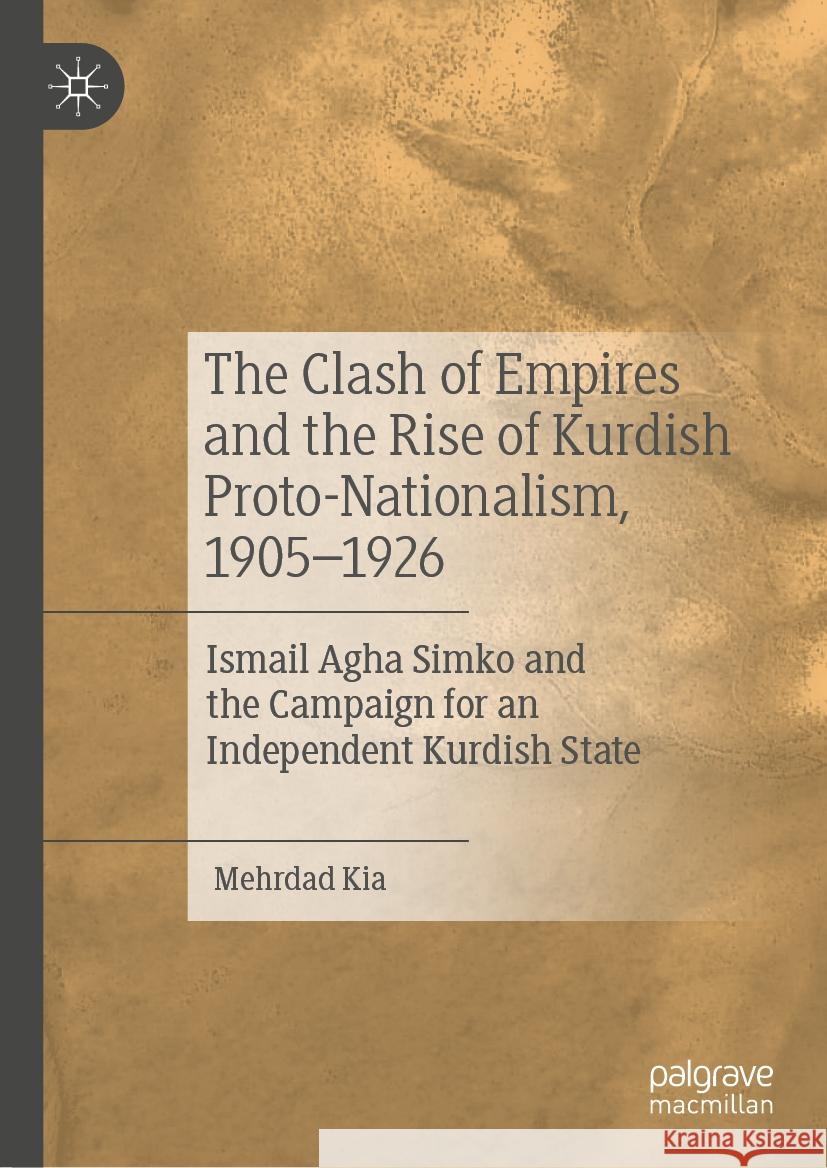The Clash of Empires and the Rise of Kurdish Proto-Nationalism, 1905–1926 » książka
topmenu
The Clash of Empires and the Rise of Kurdish Proto-Nationalism, 1905–1926
ISBN-13: 9783031449727 / Angielski / Twarda / 2023
This book focuses on the rise of Kurdish nationalism in northwestern Iran in the context of the emergence of the Kurdish leader, Ismail Agha Simko, who organized a movement to establish a Kurdish state between 1918 and 1922 The rise of Simko is analyzed in the historical framework of the collapse of the Russian and Ottoman empires, as well as the disappearance of Iranian governmental authority in various provinces of the country during and after the end of the First World War. The book also investigates the impact of Iranian, Turkish, and Assyrian nationalisms on Simko and his movement. Drawing upon original documents, the author provides an in-depth analysis of the political, and socio-economic causes for the rise of proto-Kurdish nationalism in northwestern Iran during and after the Great War.











